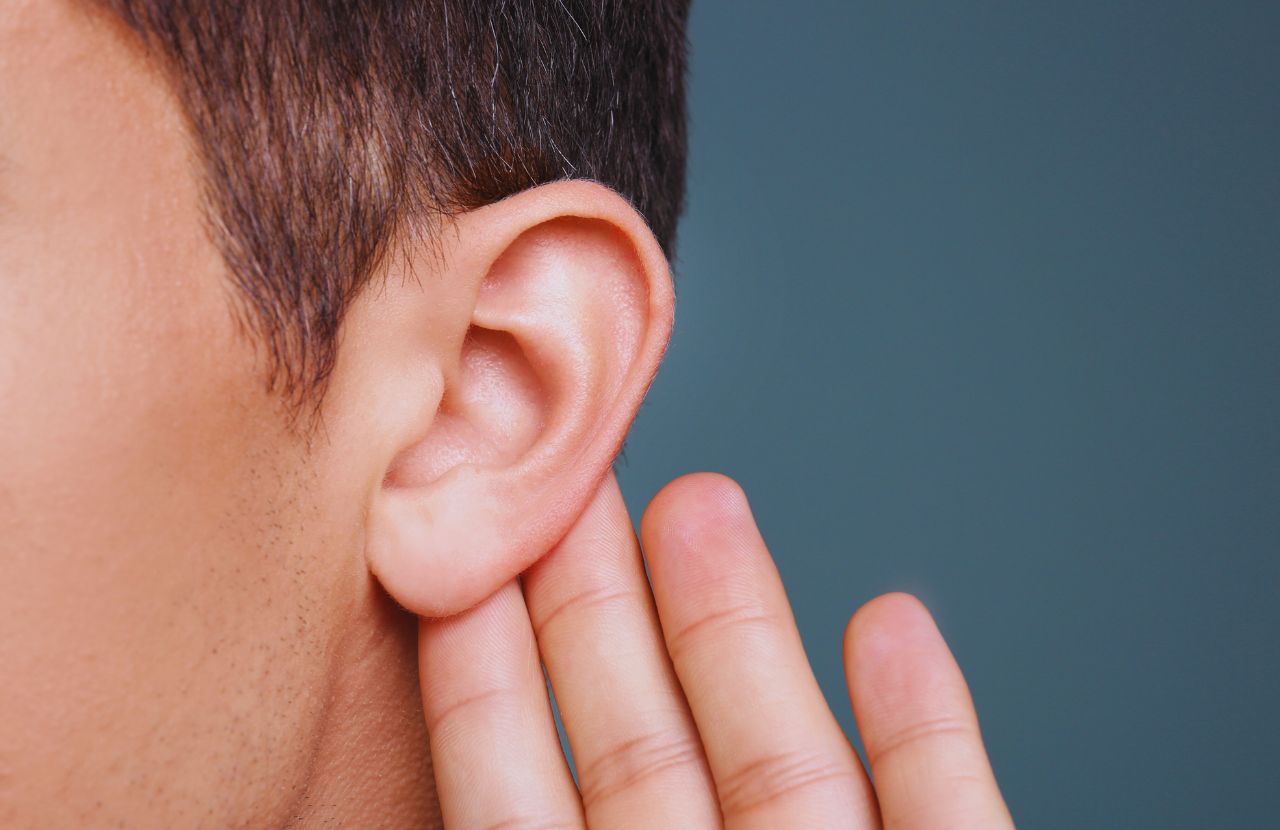Quirks and habits vary widely in human behaviour, offering a fascinating glimpse into the intricate tapestry of individuality. One such phenomenon that has piqued curiosity is the inclination towards touching ears. This behaviour spans a spectrum, from harmless quirks to more complex habits that may be associated with conditions like autism. In this exploration, we explore the reasons why are you obsessed with touching ears, its connections to autism, the appeal of cold ears, and the intriguing habit of putting things in ears.
Why are you Obsessed with Touching Ears?
In personal quirks, the inexplicable obsession with touching ears unveils a unique facet of human fascination, inviting us to explore the reasons behind this tactile fixation. Here are the reasons why you are obsessed with touching your ears!
The Spectrum of Ear-Touching Habits
Ear-touching habits can manifest in various forms, ranging from absentminded fidgeting to a more intense and repetitive need to touch one’s ears. For some individuals, this behaviour becomes a source of comfort and self-soothing, a concept commonly associated with autism.
Exploring the Link to Autism
Individuals on the autism spectrum often exhibit unique behaviours and sensory preferences. The fascination with touching ears can be a self-soothing mechanism for autistic people. The tactile stimulation may provide a sense of security and help regulate sensory input, offering a way to cope with the often overwhelming external stimuli.
The Appeal of Cold Ears
There’s a distinct allure to the sensation of cold ears; for some, the preference for touching them is a matter of personal comfort. Cold temperatures can be soothing, and the ears, being a particularly sensitive area, may provide a unique tactile experience. This preference may also be linked to individual sensory processing, where the coolness of the ears serves as a calming stimulus.
When a Girl Touches Your Earlobe
The act of someone, especially a romantic partner, touching your earlobe can carry various connotations. This gesture may symbolize intimacy, affection, or playfulness in interpersonal relationships. Exploring this action’s nuances sheds light on the interconnectedness of touch and emotional expression.
Ear Touching Anxiety
While ear touching can be a soothing habit for many, some individuals may experience anxiety associated with this behaviour. Understanding the underlying causes of such anxiety is crucial, as it may be linked to past experiences, sensory sensitivities, or other psychological factors.
Self-Soothing Through Ear Rubbing
Self-soothing behaviours, including ear rubbing, are not limited to those with autism. Many people engage in such activities to manage stress or find comfort. Exploring healthy self-soothing practices can provide valuable insights into managing daily challenges.
The Obsession with Putting Things in Ears
Another intriguing aspect of ear-related behaviours is the obsession with putting things in the ears. This can range from a harmless habit to potentially risky behaviour. Understanding the motivations behind this obsession requires a closer look at sensory exploration, anxiety relief, or even a compulsive need for stimulation.
Final Words
In the intricate landscape of human behaviour, the fascination with touching ears unveils a spectrum of habits and preferences. From the self-soothing tendencies observed in individuals with autism to the appeal of cold ears and the emotional nuances associated with a touch to the earlobe, these behaviours are as diverse as the individuals who exhibit them. By exploring the psychological and sensory aspects of ear-touching habits, we understand how these behaviours contribute to our experiences and expressions of comfort.
FAQs
Is it normal to play with your ears?
Yes, it’s perfectly normal for people to play with their ears. Many individuals engage in various self-soothing behaviours, and playing with one’s ears can be a form of comfort or relaxation. People may do this absentmindedly, especially when deep in thought or stressed.
Why does rubbing my ears feel good?
Rubbing or massaging the ears can stimulate nerve endings and release endorphins, the body’s natural feel-good chemicals. Additionally, the ears have many pressure points connected to different parts of the body, so massaging them may relax the entire body. The touch sensation on the ears can be pleasurable and may contribute to an overall sense of well-being.
Does touching the ear mean lying?
No, touching the ear is not a reliable indicator of lying. While some body language experts suggest that certain gestures or movements can be associated with deception, no universal signal definitively indicates lying. People touch their ears for various reasons, such as adjusting an earpiece, scratching an itch, or simply out of habit. Relying solely on non-verbal cues to determine honesty can lead to misunderstandings, as individual behaviours vary widely. When interpreting someone’s actions, it’s important to consider multiple factors and context.

